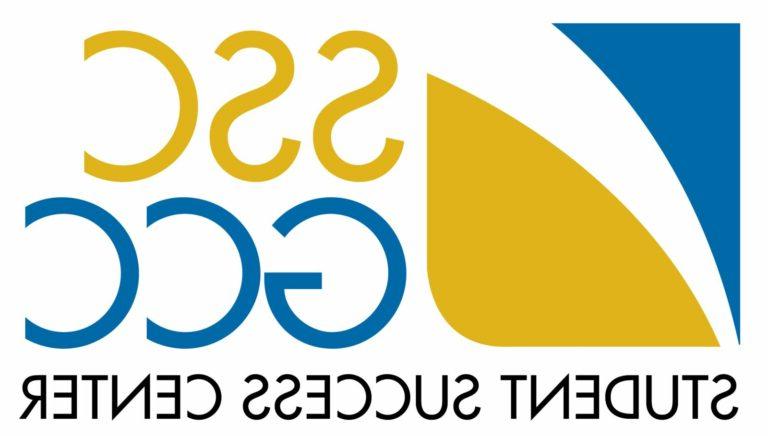Large Animal Pathology&Nursing
Overview of common large animal diseases and the techniques used in treatment and care of these patients. The student will become familiar with common diseases with regard to epidemiology, incubation period, contagiousness, therapeutic treatments, measures of prevention, zoonotic potential, and expected outcome. Common behaviors and how they affect animal handling and management, large animal nutrition, poisonous plants, and toxins that affect large animals will be discussed. Prerequisite: VET 201 with a grade of “C” or higher. Corequisites: VET 234, VET LB4, VET 245, VET LB5, VET LB6, and VET 280.
Subject Code: VET
Course Number: 246
Credits: 3
Lecture Hours 3
Course Learning Outcomes:
1. Calculate the correct dosage of drugs and volume and rates of fluids.
2. Discuss the placement, maintenance and care required for intravenous catheters.
3. Describe proper care of neonates as appropriate for the species.
4. Explain aspects of common infectious and non-infectious diseases (epidemiology, incubation period, contagiousness, and zoonotic potential).
5. Describe how to obtain a thorough patient history.
6. Discuss permanent and temporary methods of animal identification.
7. Describe reproductive techniques of horses, pigs, sheep, goats and cows.
8. Discuss surgical and anesthetic considerations for horses, pigs, sheep, goats, and cows.
9. Explain proper nutritional support and basic husbandry needs for various large animal species
Effective Term: Fall 2020

Tutoring Services
Tutoring for all GCC students is available free of charge by professional and peer tutors. We are offering tutoring online for: accounting, math, writing, chemistry, physics, general biology, anatomy & physiology, American Sign Language, and success skills.

